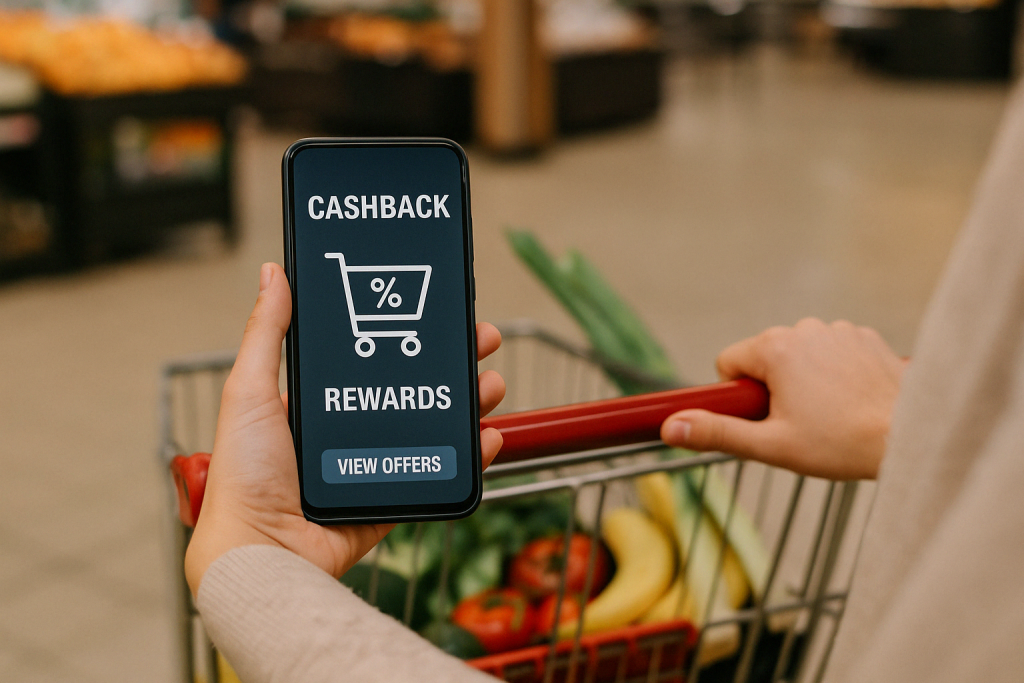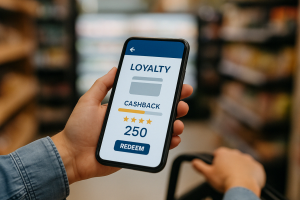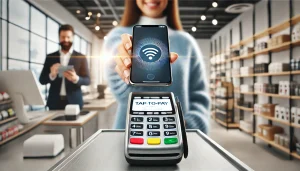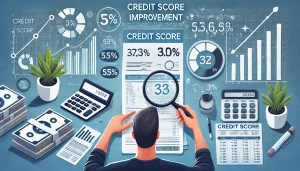In recent years, loyalty and cashback programs have significantly influenced consumer behavior across the United States. Brands are increasingly leveraging these strategies to attract and retain customers by offering attractive rewards and incentives. These programs enable shoppers to earn points or cashback on purchases, thus encouraging repeat business.
Anúncios
This shift in consumer behavior is not just about collecting rewards; it also affects shopping habits and brand loyalty. With the increasing availability of cashback options and personalized loyalty programs, shoppers are more empowered than ever to make informed purchasing choices.
Understanding loyalty and cashback programs

Loyalty and cashback programs are designed to build long-term relationships between brands and consumers. These initiatives work by rewarding customers for their continuous engagement and purchases. Cashback programs, in particular, offer a direct monetary incentive, encouraging consumers to spend more while feeling like they are saving money.
For businesses, these programs provide valuable insights into consumer behavior. By tracking spending habits and preferences, companies can tailor their offers to better meet customer needs. This data-driven approach not only enhances customer satisfaction but also increases the likelihood of repeat purchases, making loyalty and cashback strategies indispensable tools in modern retail.
The impact on consumer spending
The integration of loyalty and cashback programs has reshaped consumer spending patterns. Customers are more likely to choose retailers that offer them tangible rewards for their purchases, which encourages increased spending at participating businesses. This trend has been particularly evident in industries such as grocery, travel, and retail, where consumer loyalty can be highly competitive.
Moreover, cashback programs often lead to increased brand affinity. Consumers feel valued when they receive rewards, fostering a sense of connection and loyalty to the brand. This emotional bond can drive consumers to not only return for future purchases but also act as brand advocates, spreading positive word-of-mouth recommendations. Consequently, businesses benefit from enhanced brand reputation and increased market share.
Technological advancements driving change
Advancements in technology have played a pivotal role in the proliferation of loyalty and cashback programs. The rise of mobile apps and digital wallets has made it easier for consumers to access and manage their rewards. These platforms allow users to track points, redeem cashback, and receive personalized offers in real-time, making the process seamless and engaging.
Additionally, data analytics and artificial intelligence are being harnessed to personalize offers based on individual consumer preferences and behaviors. This personalized approach not only increases the effectiveness of the programs but also enhances customer satisfaction.
The future of loyalty and cashback strategies
The future of loyalty and cashback programs appears promising, with continued innovation and adaptation on the horizon. As consumer expectations evolve, businesses must remain agile, enhancing their programs to meet changing demands. This could involve integrating augmented reality experiences or leveraging blockchain technology to ensure security and transparency in reward transactions.
Furthermore, collaborations between brands and financial institutions are expected to rise, leading to more comprehensive and lucrative reward schemes. By partnering with banks or credit card companies, businesses can offer enhanced cashback deals that provide greater value to consumers. Such strategic alliances will likely redefine the landscape of loyalty programs, offering unprecedented opportunities for consumer engagement.
The importance of personalization
Personalization remains a pivotal factor in the success of loyalty and cashback strategies. By focusing on individual consumer preferences, businesses can create personalized experiences that resonate with their audience. This approach fosters a stronger emotional connection, driving higher levels of engagement and loyalty.
Moreover, personalization enables businesses to stand out in a crowded marketplace. By delivering unique offers and experiences, companies can differentiate themselves from competitors. This differentiation not only attracts new customers but also retains existing ones, leading to sustained business growth and a more loyal customer base.
Consumer expectations and market trends
As loyalty and cashback programs continue to evolve, consumer expectations are also on the rise. Shoppers now expect seamless, user-friendly experiences that offer instant rewards and real value. Companies that fail to meet these expectations may struggle to maintain consumer interest and loyalty in an increasingly competitive landscape.
Market trends indicate a growing preference for programs that integrate sustainability and ethical considerations. Consumers are becoming more conscientious, seeking out brands that align with their values. Loyalty and cashback programs that incorporate sustainable practices, such as offering rewards for eco-friendly purchases, are likely to resonate with this emerging consumer base, driving brand loyalty and fostering long-term relationships.






